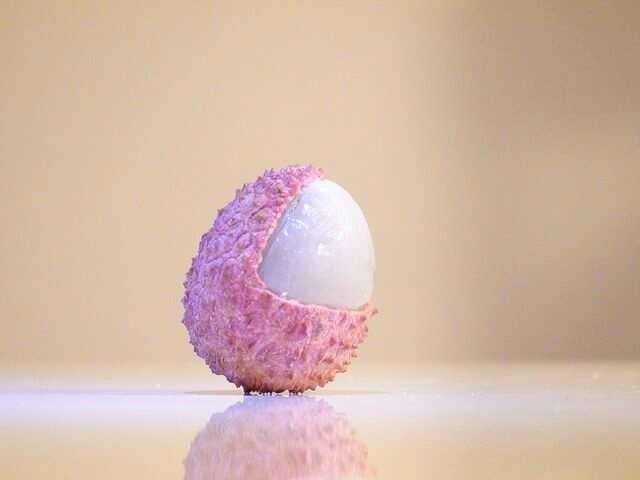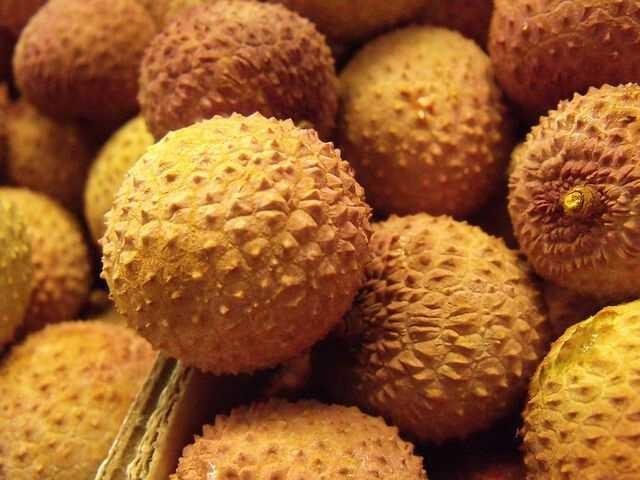Litchi
Department of Food and Nutrition Science, Bangladesh's National Economy College, Farah Masuda said that the nutrition and quality of Litchi.
 picture source
picture source
Seasonal fruits are a source of litchi vitamins and food additives. It contains the necessary minerals for the human body. Good sources of starch and Vitamin C. People of small age can eat this delicious fruit.
He said that Litchi has only a small amount of protein and fat that is needed for human body. There are 1.1 grams of protein per 100 g of litchi and 0.2 grams of fat.
Litchi is available in sufficient quantities of starch. There are 13.6 grams of carbohydrates per 100 grams of litchi.

Besides, there are 0.02 grams of Vitamin B1 and 0.06 grams of B2 in litchi. It also contains some amount of mineral salt. Masuda said that 0.5 grams of mineral salts are found in every 100 grams of litchi.
There are vitamins 'C' in litchi which is good for skin, tooth and bone. In every 100 grams of litchi, 31 mg vitamin C is available. Vitamin C helps in removing various skin diseases and scurvy Moreover, it also helps to reduce skin and reduce diarrhea.
There is 10 mg of calcium per 100 g of litchi. Calcium helps in maintaining bones of the body and maintaining bone health. Iron is available in small amounts of litchi. 0.7 mg iron per 100 grams.
There are also thiamin, niacin, which are also in litchi, which increase liver nutrients further. These vitamins increase the metabolism of the body.
Litchi is a good source of energy. 61 kilocalories are available from every 100 grams of litchi.
It reduces cholesterol levels in the body. As well as helping to reduce fat.
Litchi food has digestible fibers, vitamins and antioxidants that accumulate in the body and keep the body healthy, said Farah Masooda.
 picture source
picture source
Lichur's oligonal material acts as anti-oxidant and anti-influenza. This element keeps blood circulation normal, controls the effect of violet rays on the skin and reduces weight.